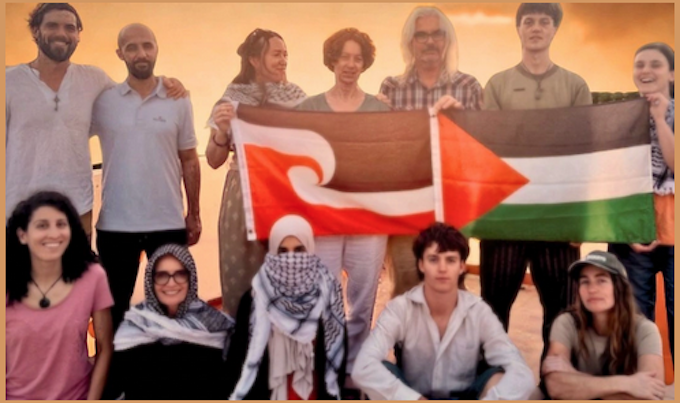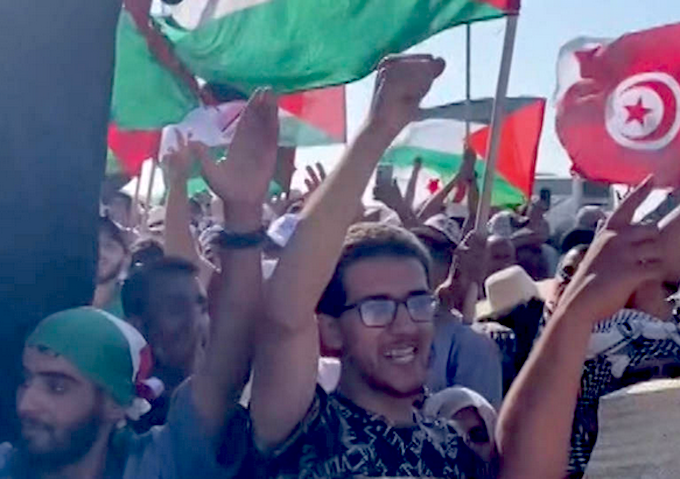
SPECIAL REPORT: By Saige England in Ōtautahi and Ava Mulla in Cairo
Hope for freedom for Palestinians remains high among a group of trauma-struck New Zealanders in Cairo.
In spite of extensive planning, the Global March To Gaza (GMTG) delegation of about 4000 international aid volunteers was thwarted in its mission to walk from Cairo to Gaza to lend support.
The land of oranges and pyramids became the land of autocracy last week as peace aid volunteers — young, middle-aged, and elderly — were herded like cattle and cordoned behind fences.
- READ MORE: Egypt arrests, deports and attacks Global March for Gaza Convoy
- Egypt stops pro-Palestine activists in their March to Gaza — Video
- More Middle East conflict reports
Their passports were initially seized — and later returned. Several New Zealanders were among those dragged and beaten.
While ordinary Egyptians showed “huge support” for the GMTG, the militant Egyptian regime showed its hand in supporting Israel rather than Palestine.
A member of the delegation, Natasha*, said she and other members pursued every available diplomatic channel to ensure that the peaceful, humanitarian, march would reach Gaza.
Moved by love, they were met with hate.
Violently attacked
“When I stepped toward the crowd’s edge and began instinctually with heart break to chant, ‘Free Palestine,’ I was violently attacked by five plainclothes men.
“They screamed, grabbed, shoved, and even spat on me,” she said.
Tackled, she was dragged to an unmarked van. She did not resist, posed no threat, yet the violence escalated instantly.
“I saw hatred in their eyes.”
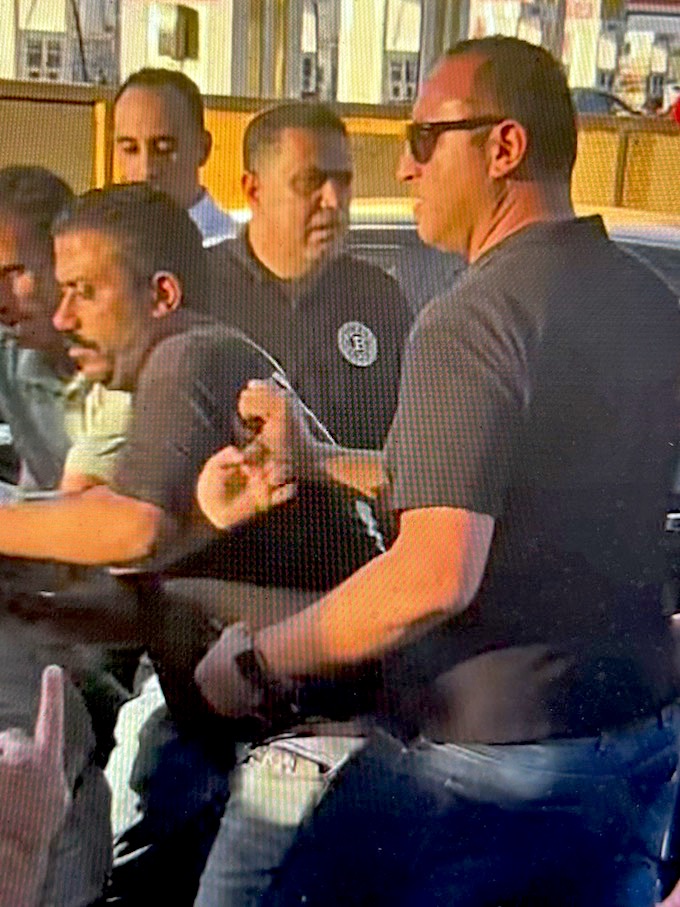
Another GMTG member, a woman who tried to intervene was also “viciously assaulted”. She witnessed at least three other women and two men being attacked.
The peacemakers escaped from the unmarked van the aggressors were distracted, seemingly confused about their destination, she said.
It is now clear that from the beginning Egyptian State forces and embedded provocateurs were intent on dismantling and discrediting the GMTG.
Authorities as provocateurs
The peace participants witnessed plainclothed authorities act as provacateurs, “shoving people, stepping on them, throwing objects” to create a false image for media.
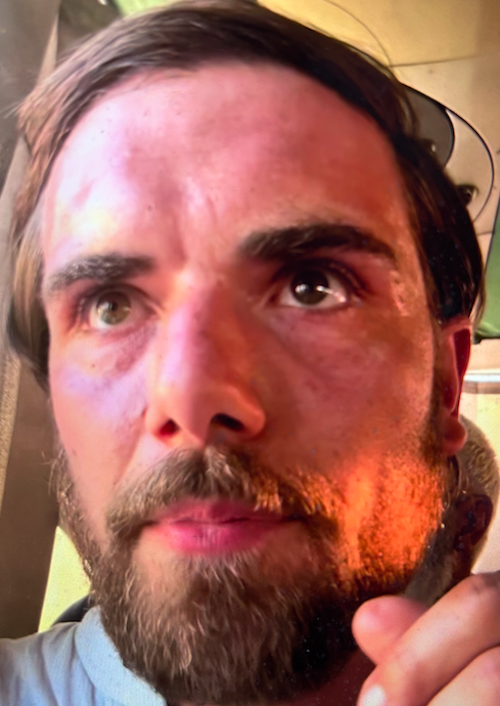
New Zealand actor Will Alexander said the experience had inflated rather than deflated his passion for human rights, and compassion for Palestinians.
“This is only a fraction of what Palestinians experience everyday. Palestinians pushed into smaller and smaller areas are murdered for wanting to stand on their own land,” he said.
“The reason that ordinary New Zealanders like us need to put our bodies on the line is because our government has failed to uphold its obligations under the Genocide Convention.
“Israel has blatantly breached international law for decades with total impunity.”
While the New Zealanders are all safe, a small number of people in the wider movement had been forcibly ‘disappeared’,” said GMTG New Zealand member Sam Leason.
Their whereabouts was still unknown, he said.
Arab members targeted
“It must be emphasised that it is primarily — and possibly strictly — Arab members of the March who are the targets of the most dramatic and violent excesses committed by the Egyptian authorities, including all forced disappearances.”
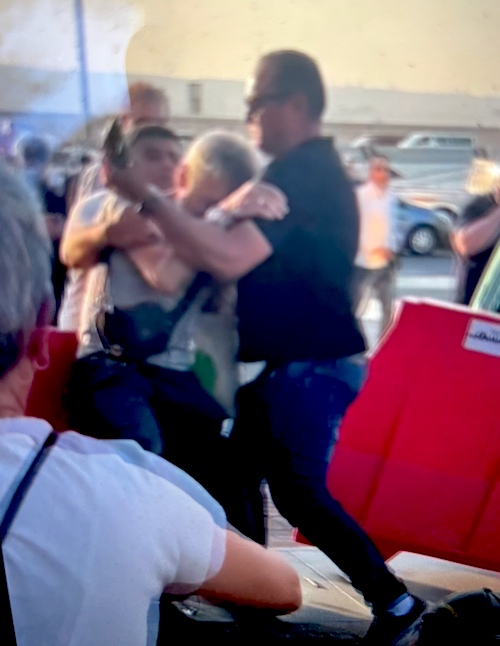
This did, however, continuously add to the mounting sense of stress, tension, anxiety and fear, felt by the contingent, he said.
“Especially given the Egyptian authorities’ disregard to their own legal system, which leaves us blindsided and in a thick fog of uncertainty.”
Moving swiftly through the streets of Cairo in the pitch of night, from hotel to hotel and safehouse to safehouse, was a “surreal and dystopian” experience for the New Zealanders and other GMTG members.
The group says that the genocide cannot be sustained when people from around the world push against the Israeli regime and support the people on the ground with food and healthcare.
“For 20 months our hearts have raced and our eyes have filled in unison with the elderly, men, women, and children, and the babies in Palestine,” said Billie*, a participant who preferred, for safety reasons, not to reveal their surname.
“If we do not react to the carnage, suffering and complete injustice and recognise our shared need for sane governance and a liveable planet what is the point?”
Experienced despair
Aqua*, another New Zealand GMTG member, had experienced despair seeing the suffering of Palestinians, but she said it was important to nurture hope, as that was the only way to stop the genocide.
“We cling to every glimmer of hope that presents itself. Like an oasis in a desert devoid of human emotion we chase any potential igniter of the flame of change.”
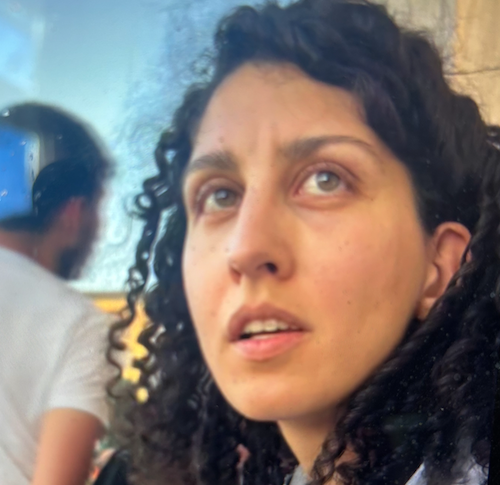
Ava Mulla, said from Cairo, that the group was inspired by the courage of the Palestinians.
“They’ve been fighting for freedom and justice for decades against the world’s strongest powers. They are courageous and steadfast.”
Mulla referred to the “We Were Seeds” saying inspired by Greek poet Dinos Christianopoulos.
“We are millions of seeds. Every act of injustice fuels our growth,” she said.
Helplessness an illusion
The GMTG members agreed that “impotence and helplessness was an illusion” that led to inaction but such inaction allowed “unspeakable atrocities” to take place.
“This is the holocaust of our age,” said Sam Leason.
“We need the world to leave the rhetorical and symbolic field of discourse and move promptly towards the camp of concrete action to protect the people of Palestine from a clear campaign of extermination.”
Saige England is an Aotearoa New Zealand journalist, author, and poet, member of the Palestinian Solidarity Network of Aotearoa (PSNA), and a contributor to Asia Pacific Report.
*Several protesters quoted in this article requested that their family names not be reported for security reasons. Ava Mulla was born in Germany and lives in Aotearoa with her partner, actor Will Alexander. She studied industrial engineering and is passionate about innovative housing solutions for developing countries. She is a member of the Palestine Solidarity Network Aotearoa (PSNA).
